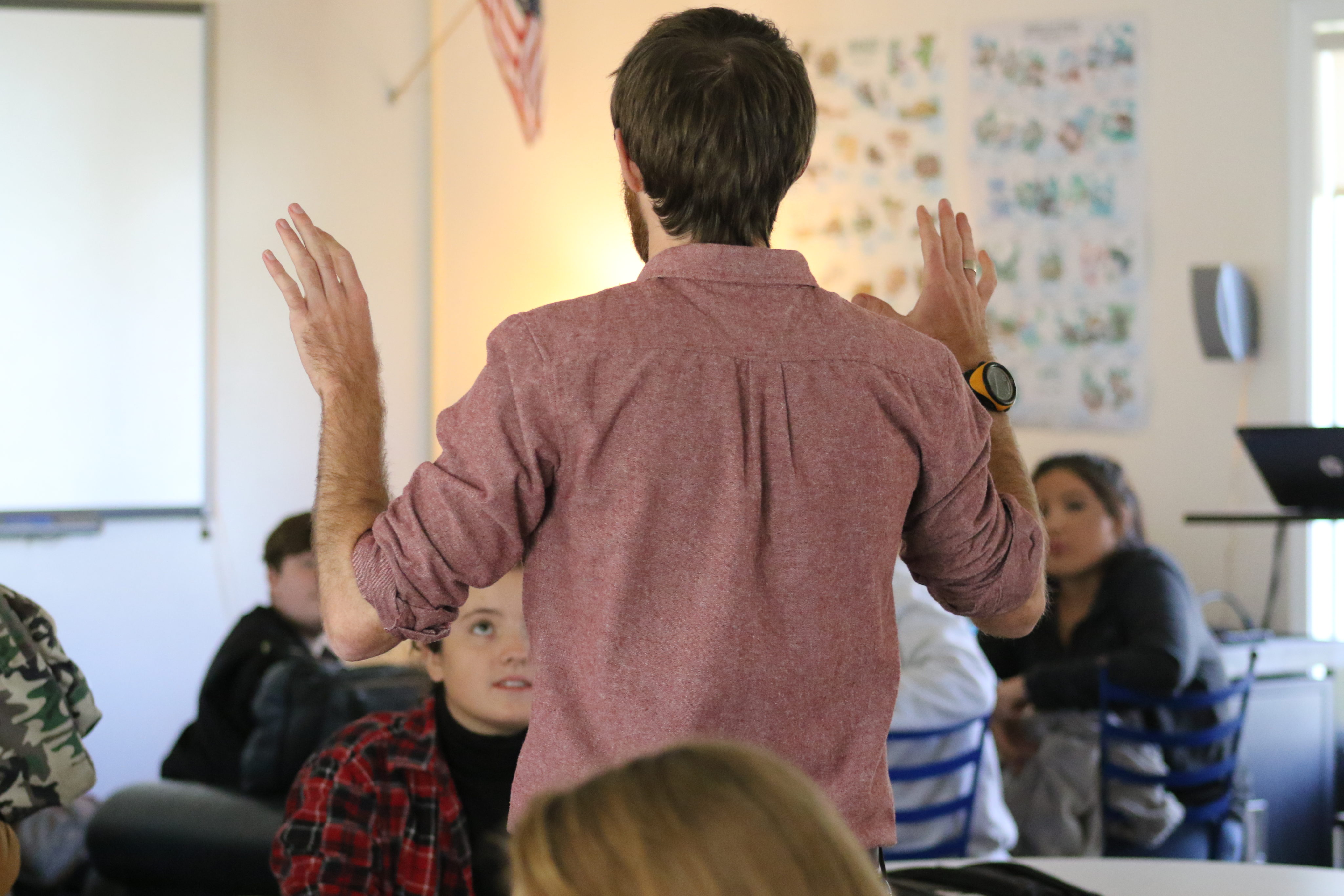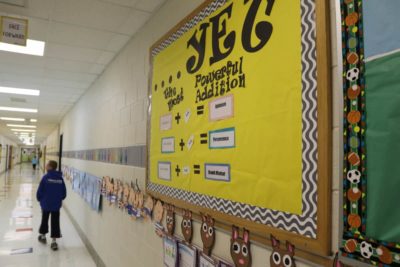

The shutdown of federal agencies has dragged on for nearly a month, a sour fruit of intertwined political polarization and governmental gridlock. The paralysis in Washington comes in an era of low public trust in government and confidence in core institutions. North Carolina does not stand shielded from the national climate.
“Public trust reached a three-decade high shortly after the 9/11 terrorist attacks, but declined quickly thereafter,” the Pew Research Center has reported. “Since 2007, the share saying they can trust the government always or most of the time has not surpassed 30%.”
Gallup has found that combined confidence in seven institutions (organized religion, public schools, the Supreme Court, Congress, newspapers, organized labor and big business) fell from 44 percent in 1973, to 32 percent by 1991 and to 27 percent today.
While the trust-and-confidence trends pre-date the Trump presidency, the tumultuous White House has heightened divisiveness and dysfunction. A president untethered from facts, under serious legal investigation, and unchecked by Republicans in Congress dominates the public discourse.
And yet, there is a counter-narrative, another story of Americans and North Carolinians striving to enhance their towns and cities after the loss of legacy industries, to cope with immigration and to strengthen institutions, including their schools. For their book, Our Towns: A 100,000-Mile Journey into the Heart of America, James and Deborah Fallows visited 30 communities over a four-year period. Among their lessons learned, they write:
“As automation and world trade eliminate or immiserate some of today’s jobs, schools can help prepare students for other kinds — as happened a century ago with the creation of high schools and then again after World War II with the GI Bill. But that won’t happen soon. Whichever party holds the presidency, the other will likely hold enough of the Congress to make comprehensive measures of any sort very hard to push through. That is why local resilience and adaptability of the kind we have witnessed deserve national attention.”
While North Carolina has experienced its share of politically combustible issues — gerrymandering and Silent Sam, for instance — the state also offers examples of public policies, well designed and implemented, that have paid off in the education of young people.
The Duke Center for Child and Family Policy has published the findings of four scholars who studied North Carolina’s early childhood programs, Smart Start and NC Pre-K. The two programs are distinct yet complementary, and the evaluation considered them as a common effort.
Smart Start, now marking its 25th anniversary, was a signature initiative of Gov. Jim Hunt. It features decentralized delivery of child care, health, and family support services through a network of 75 partnerships that determine local needs. NC Pre-K, known as More at Four when it was initiated by Gov. Mike Easley, is more education-focused, helping to prepare at-risk four-year-olds through public schools and high-quality child care facilities.
The Duke scholars studied sixth, seventh, and eighth graders and concluded that early childhood efforts do not fade out into middle school. Significantly, they found “larger positive impacts on children from less well-educated, more economically disadvantaged and African American families.”
Another Easley Administration initiative has received strong evaluation by the SERVE Center at the University of North Carolina at Greensboro. Easley called the initiative Learn and Earn, and it has led to more than 30 small high schools with innovative models, many of which are “early colleges,” across the state, as Liz Bell reported in EdNC last week.
The SERVE evaluations have found that at-risk and first-generation college students in these relatively small schools, in which they receive both high school and post-secondary credits, have higher academic engagement, more positive experiences, fewer suspensions and less absenteeism than their peers.
The paradox of this time in America is that both narratives are true. The nation is stressed and divided, and citizens can find rationales for distrust. Still, town by town, state by state, citizens and elected officials can find ways to move forward through policy and partnerships — and North Carolinians can learn from and build upon what has worked in their own state.


